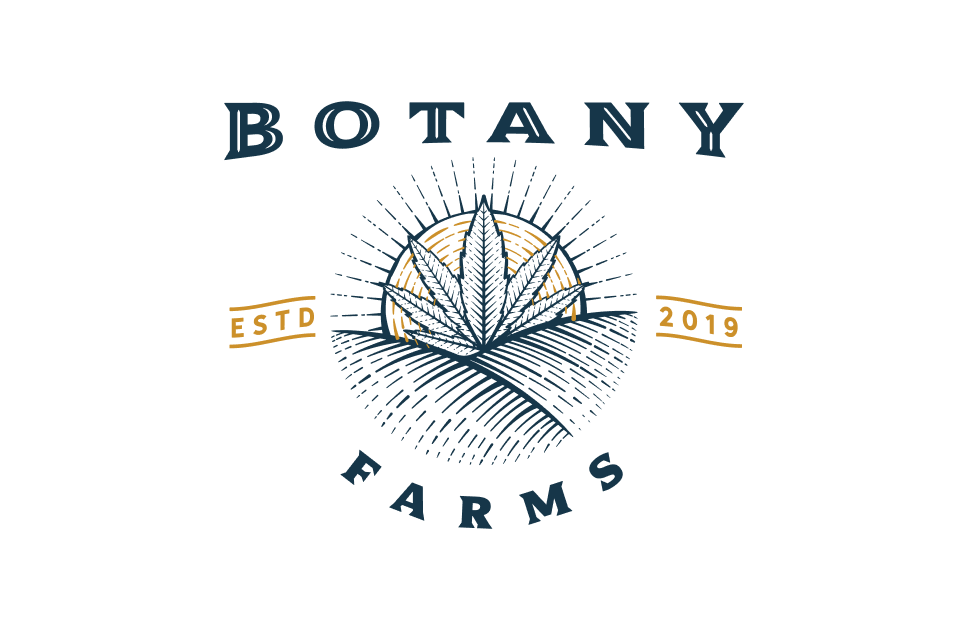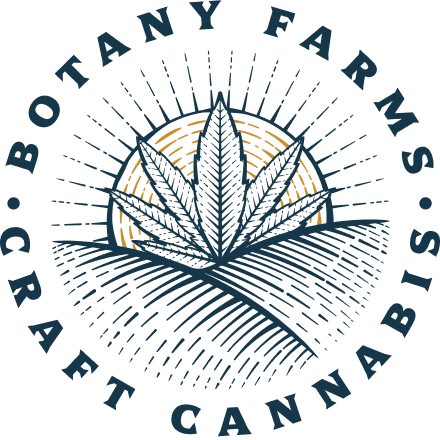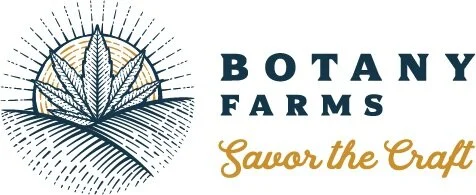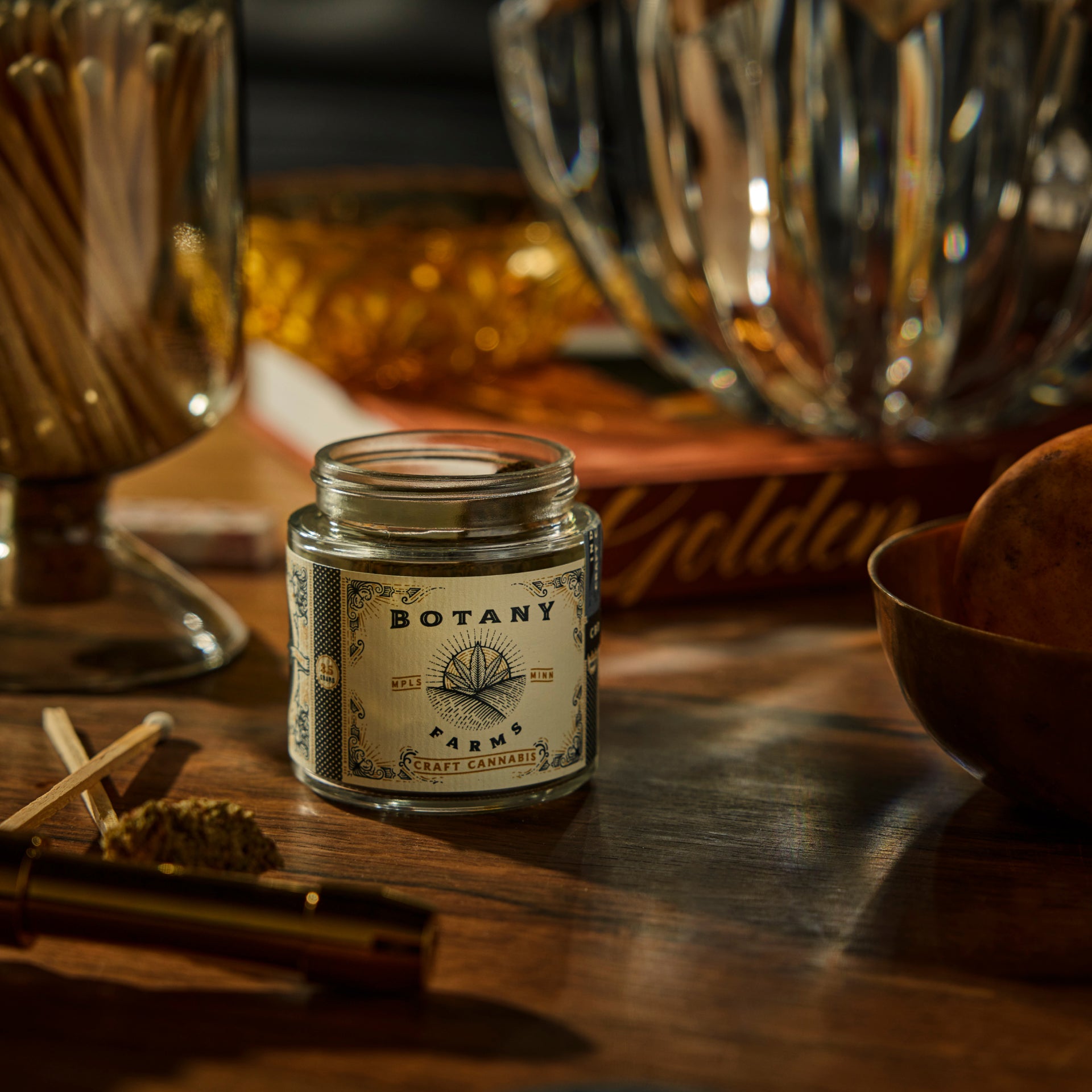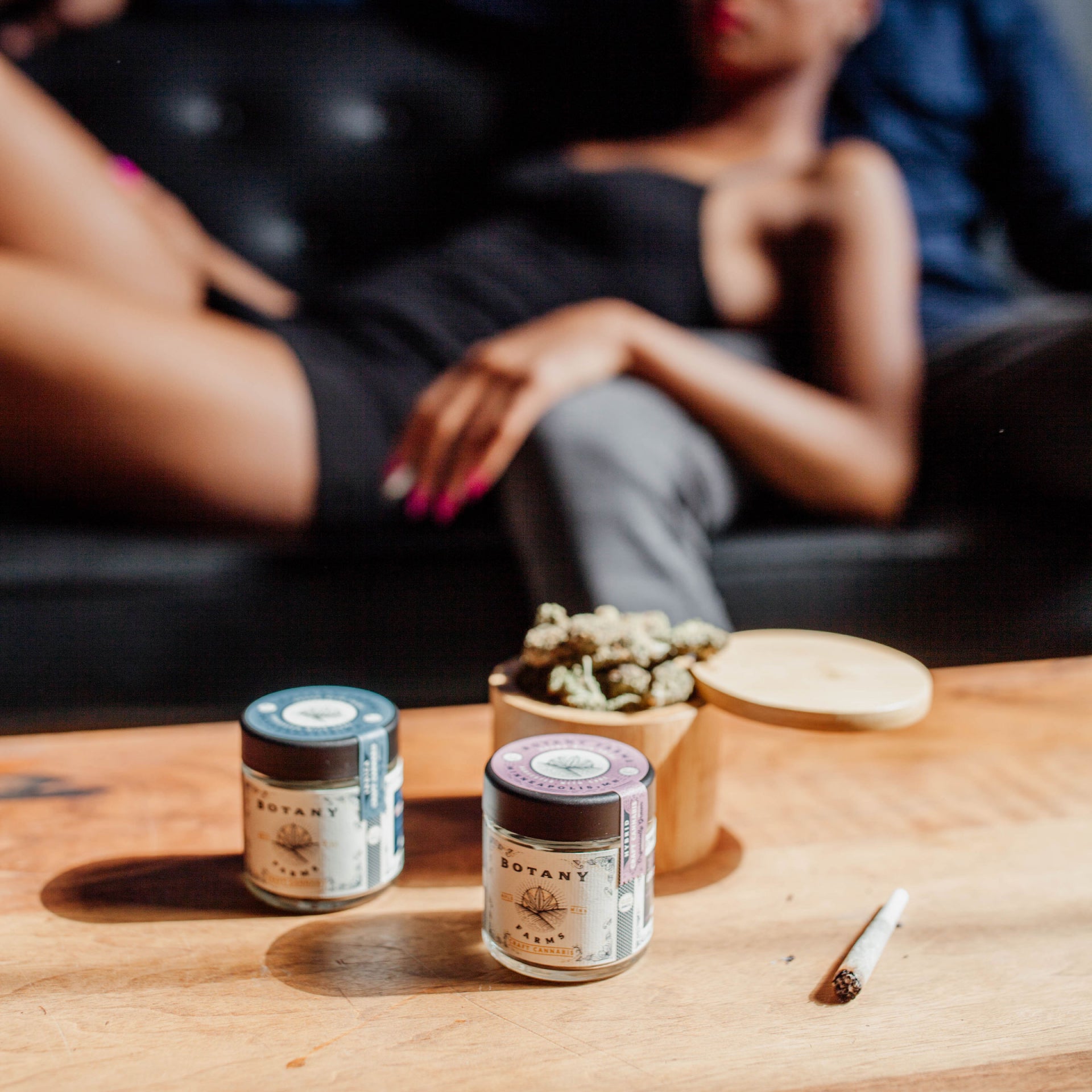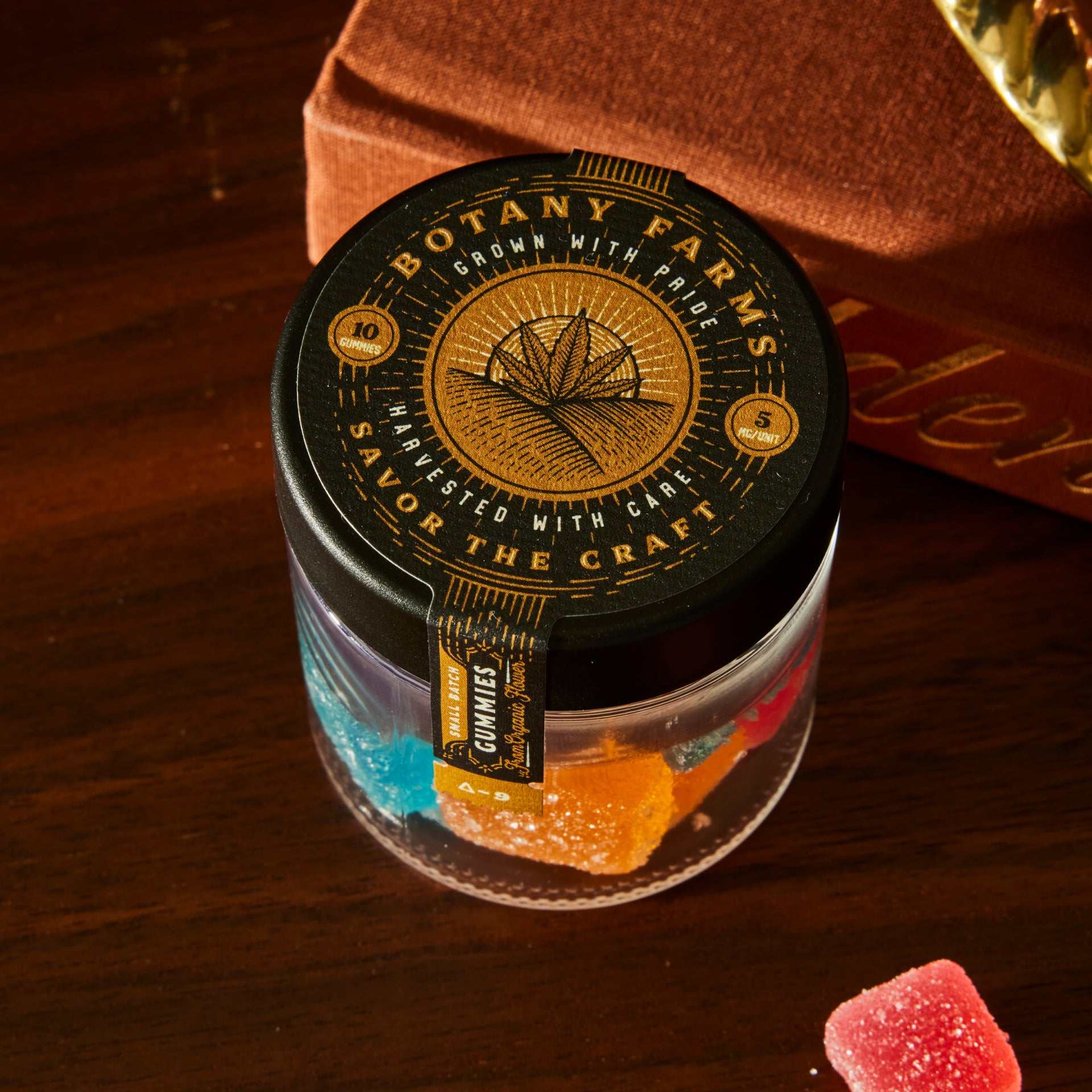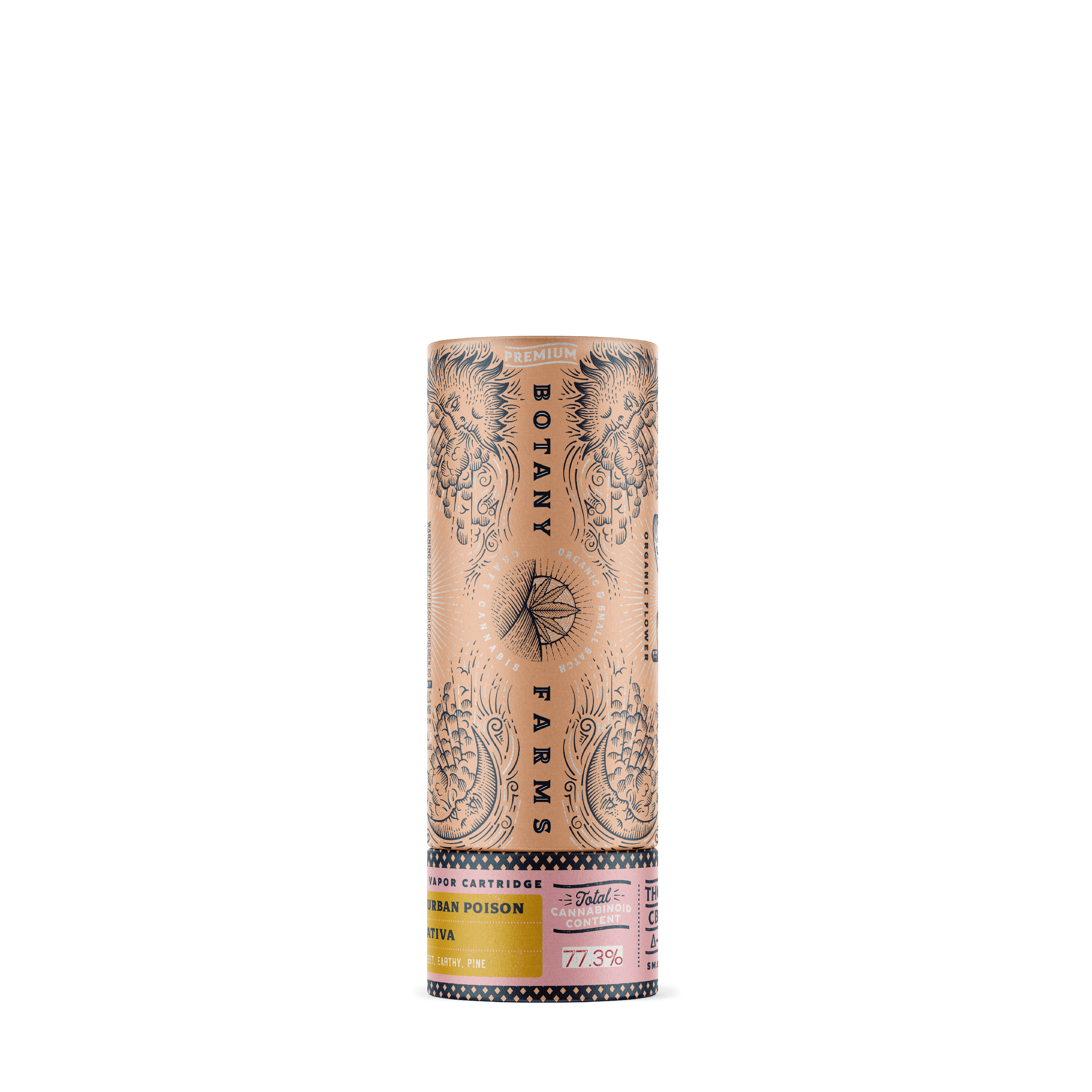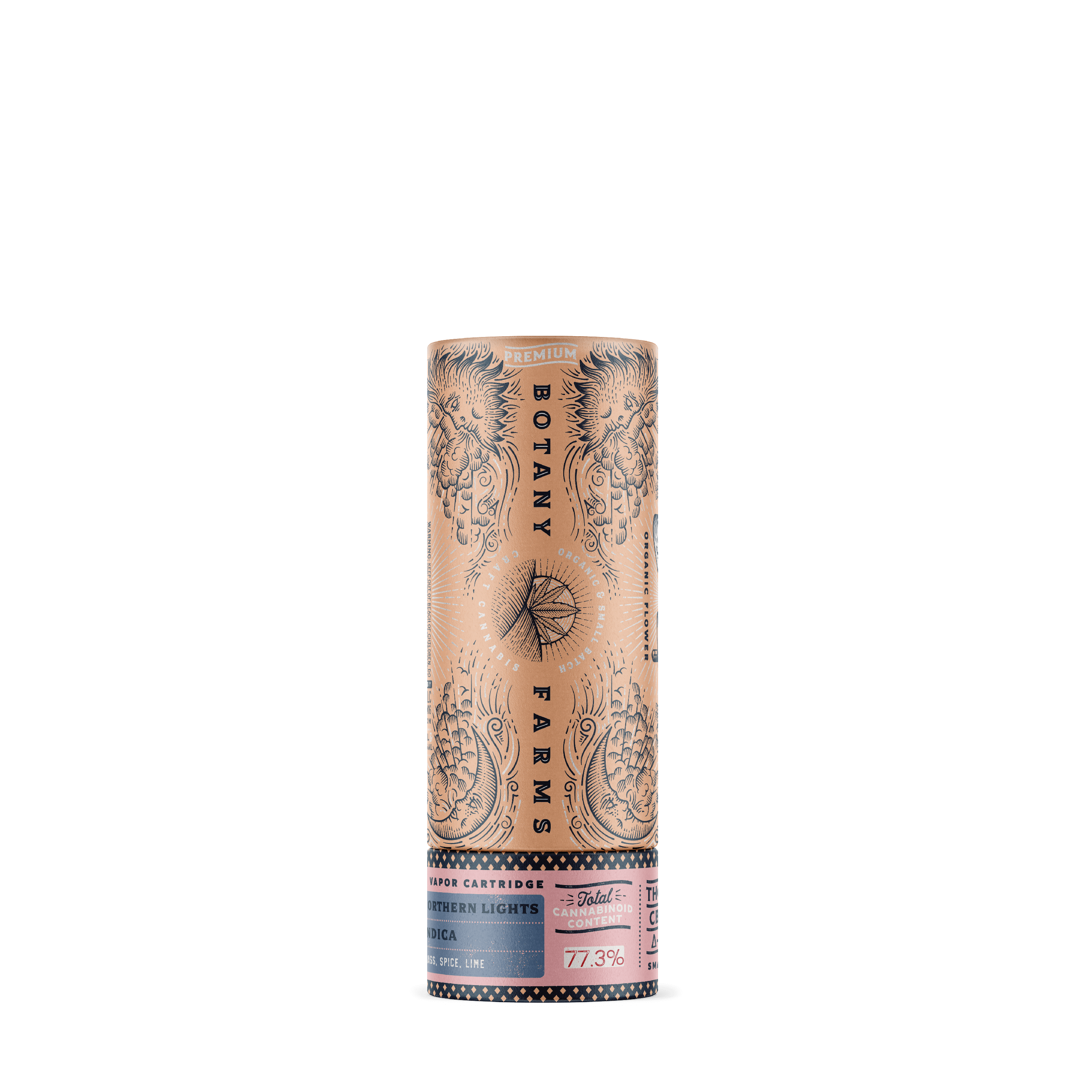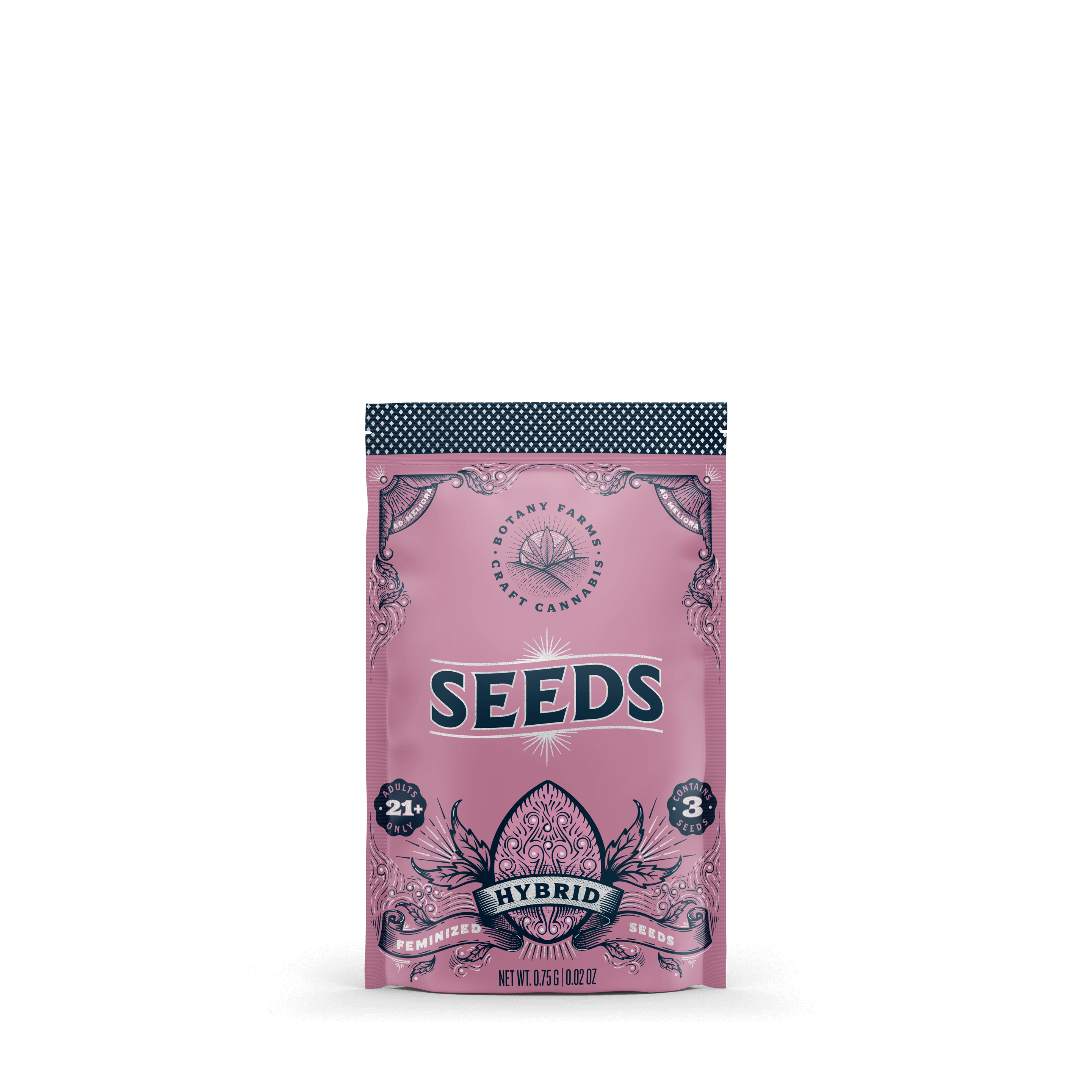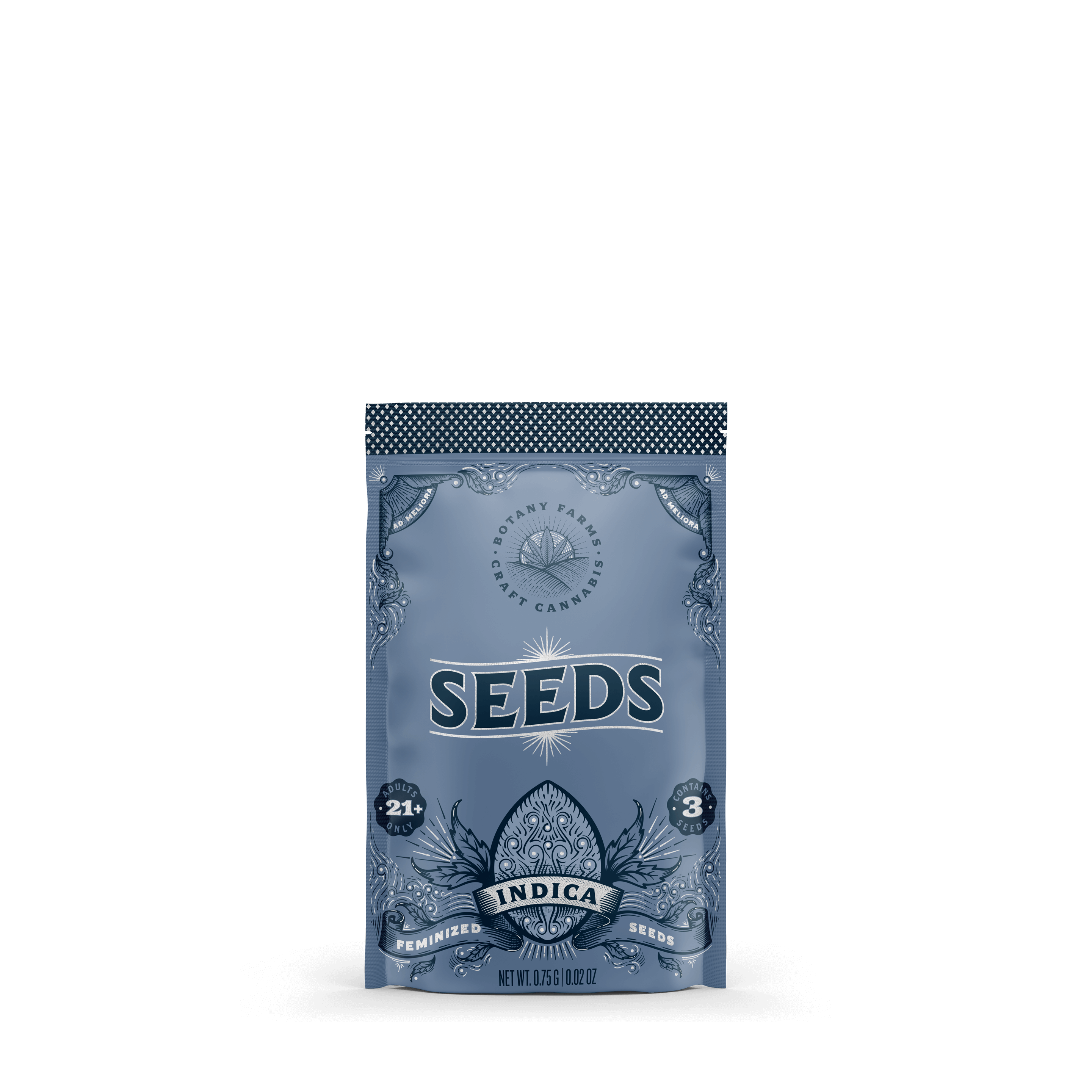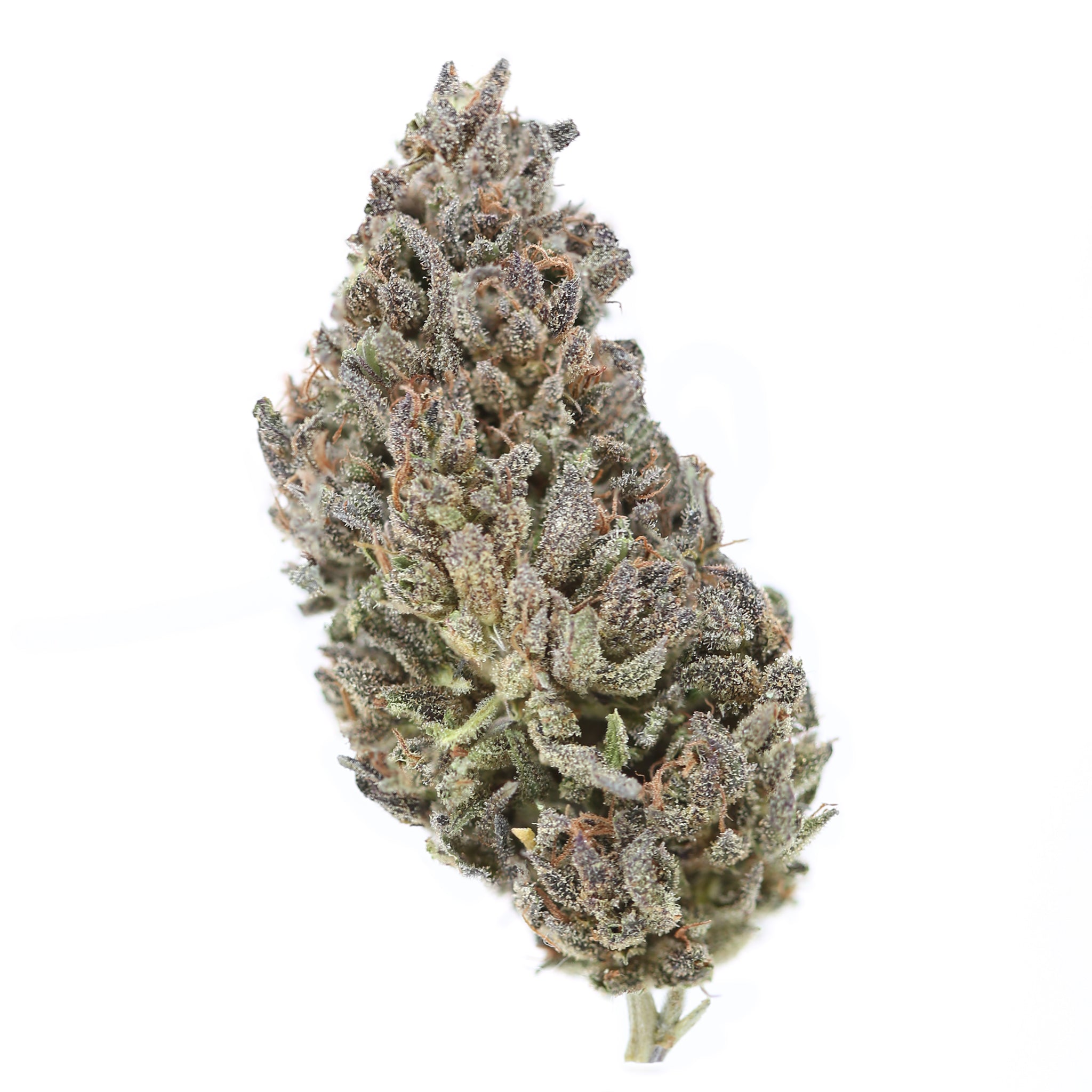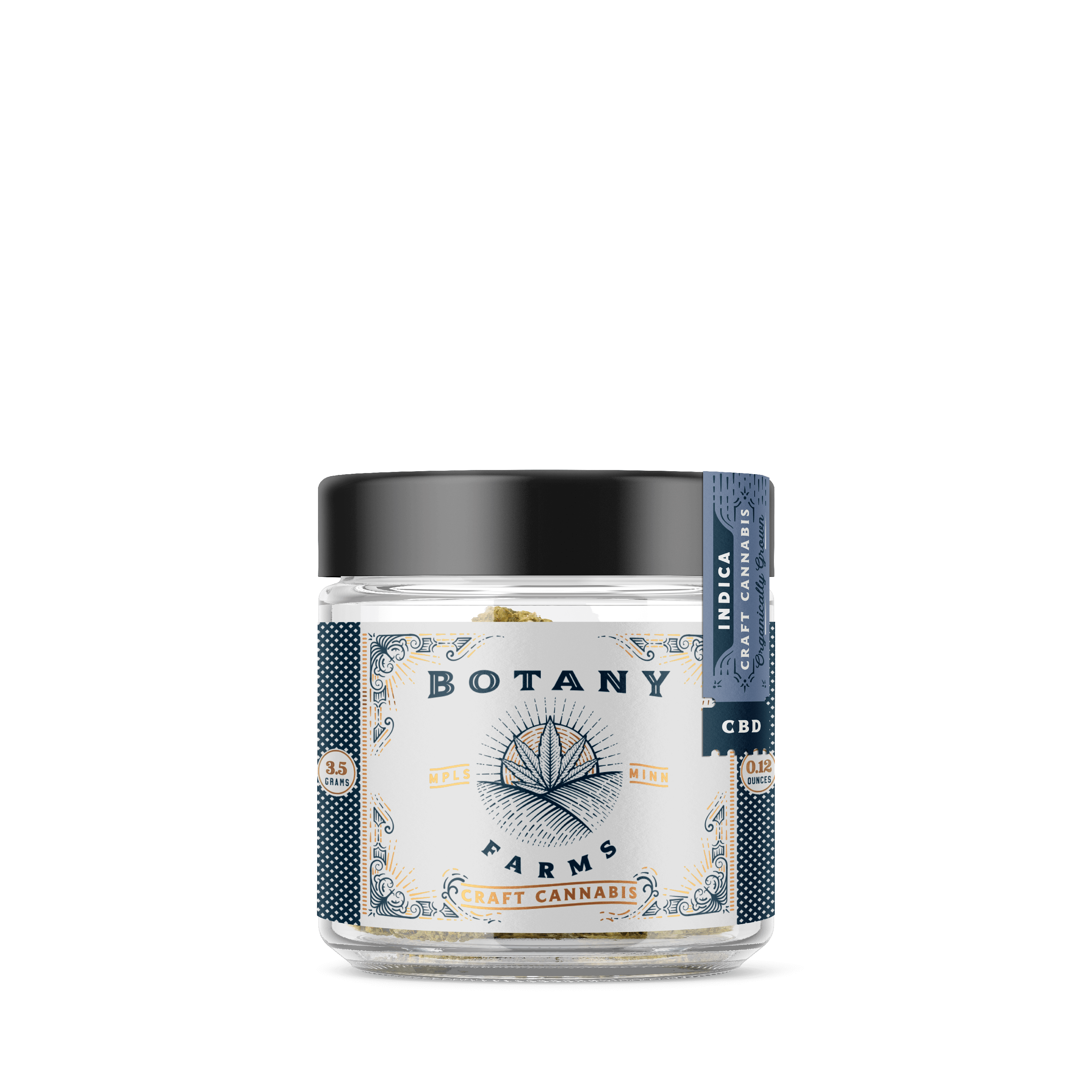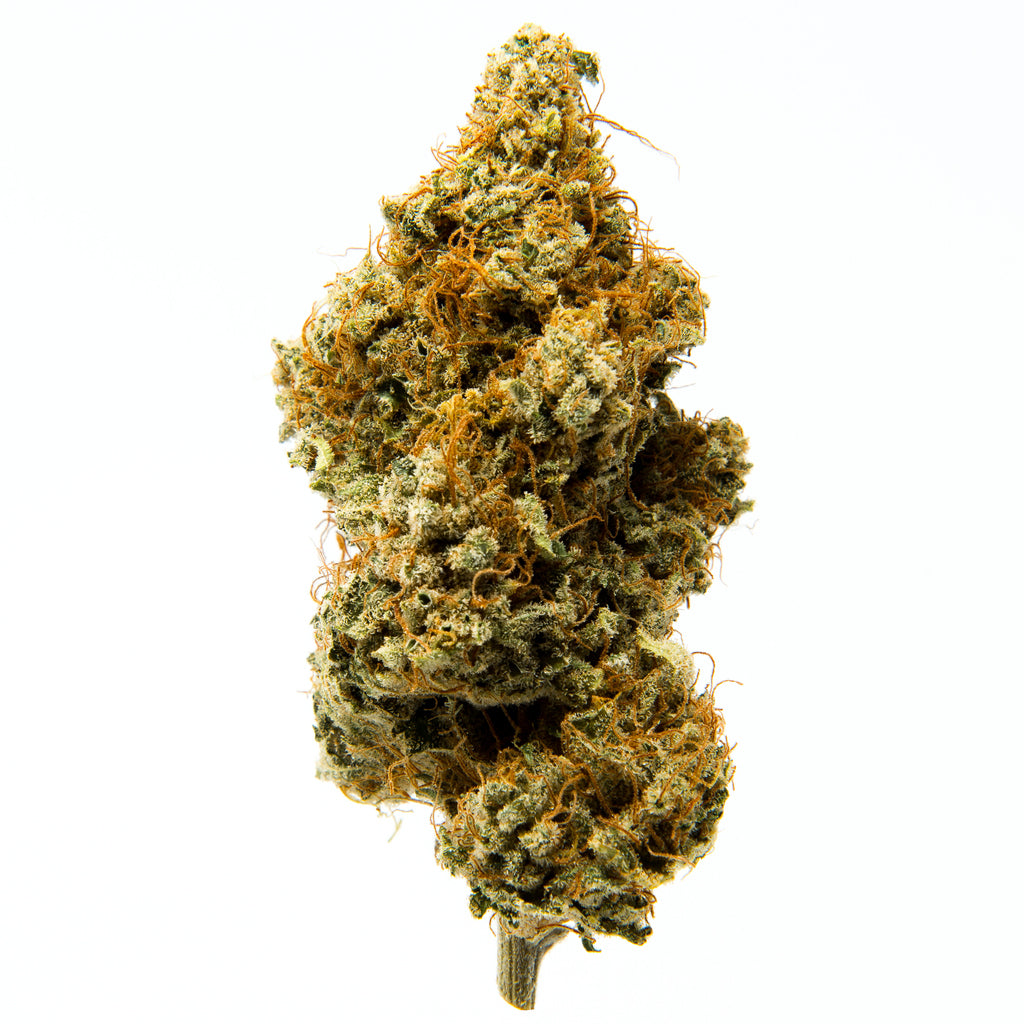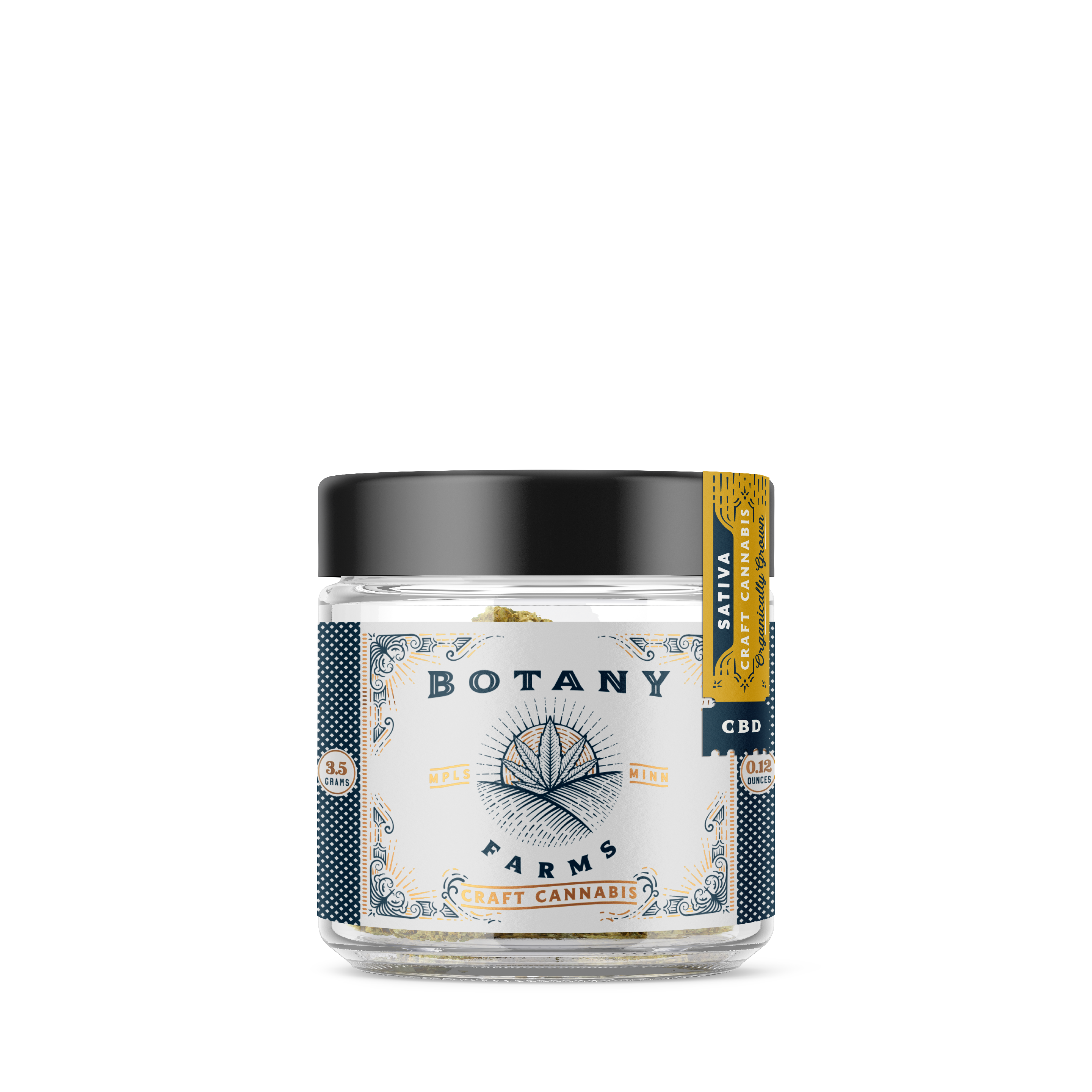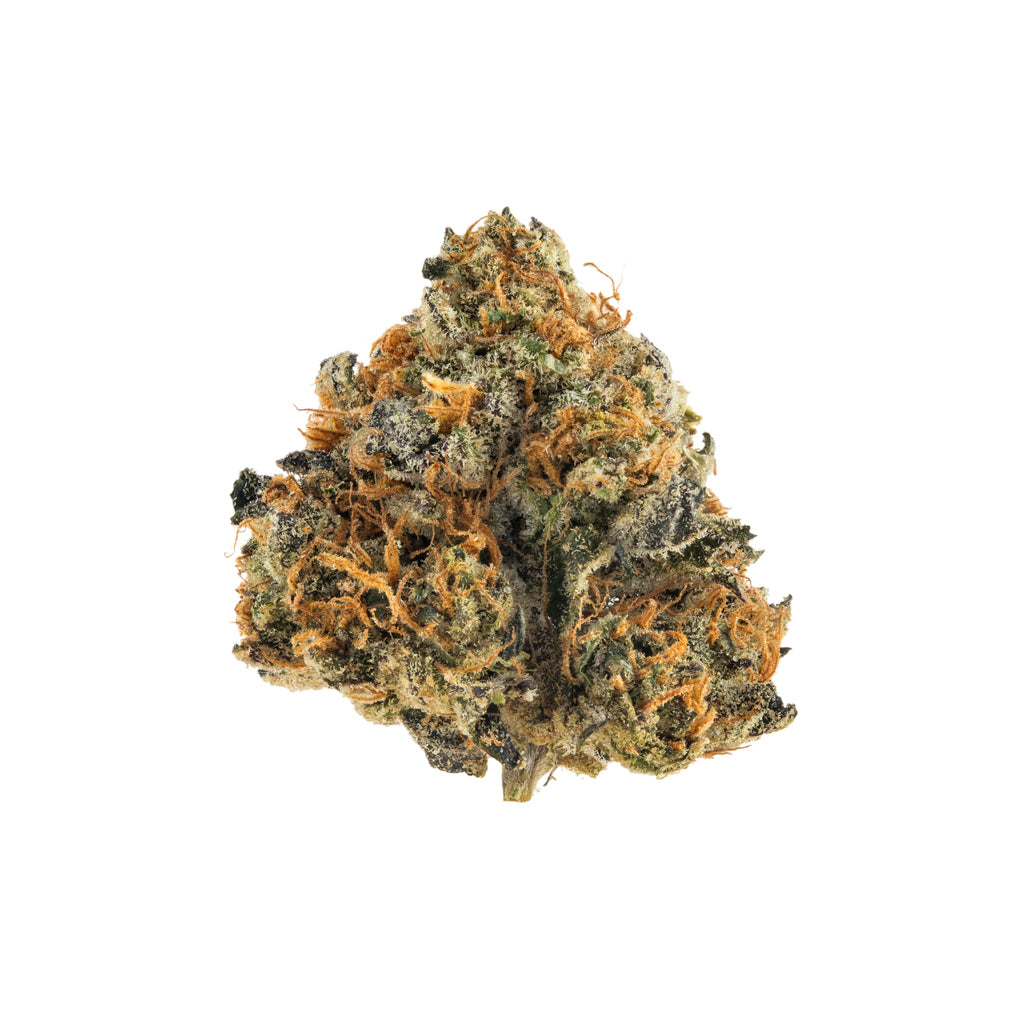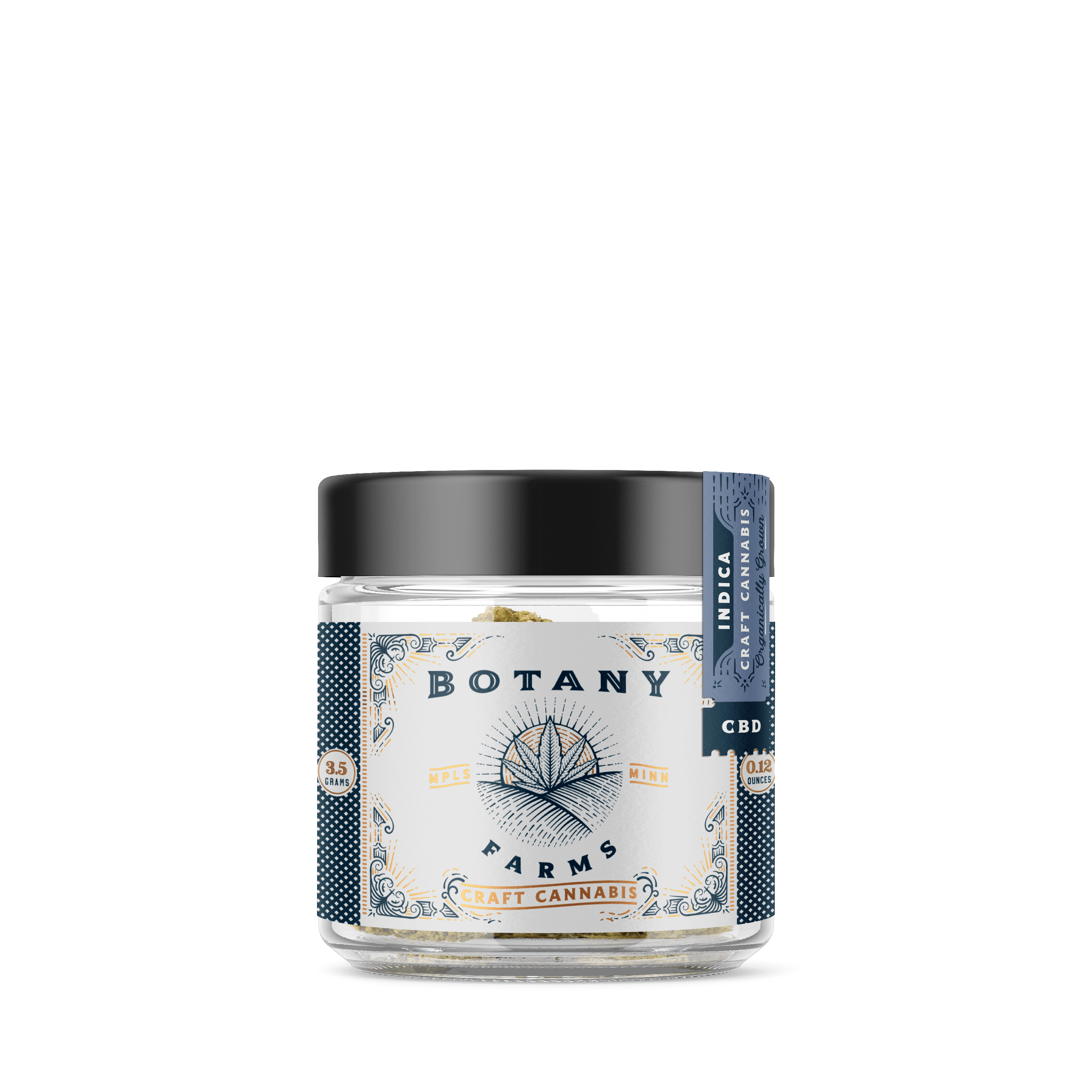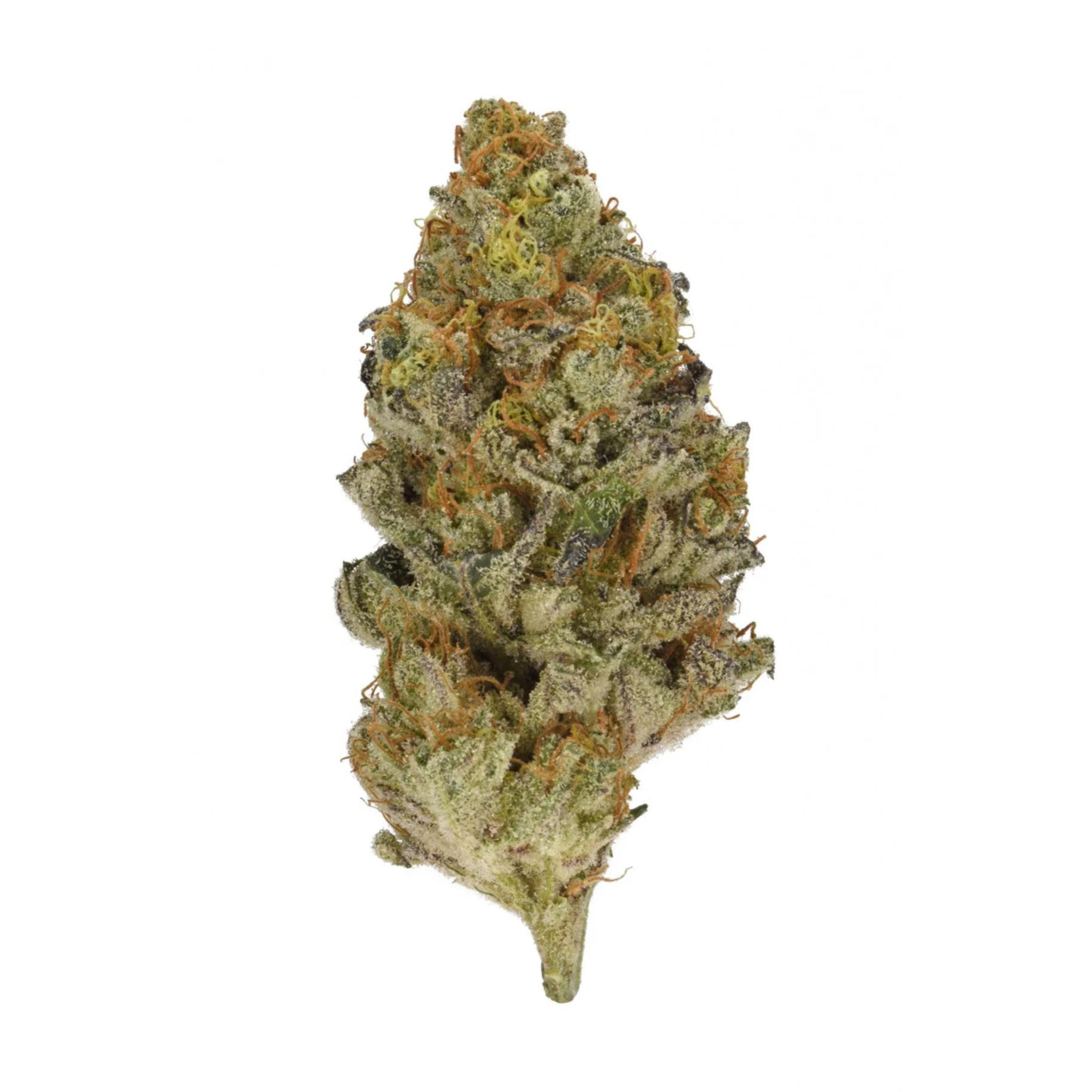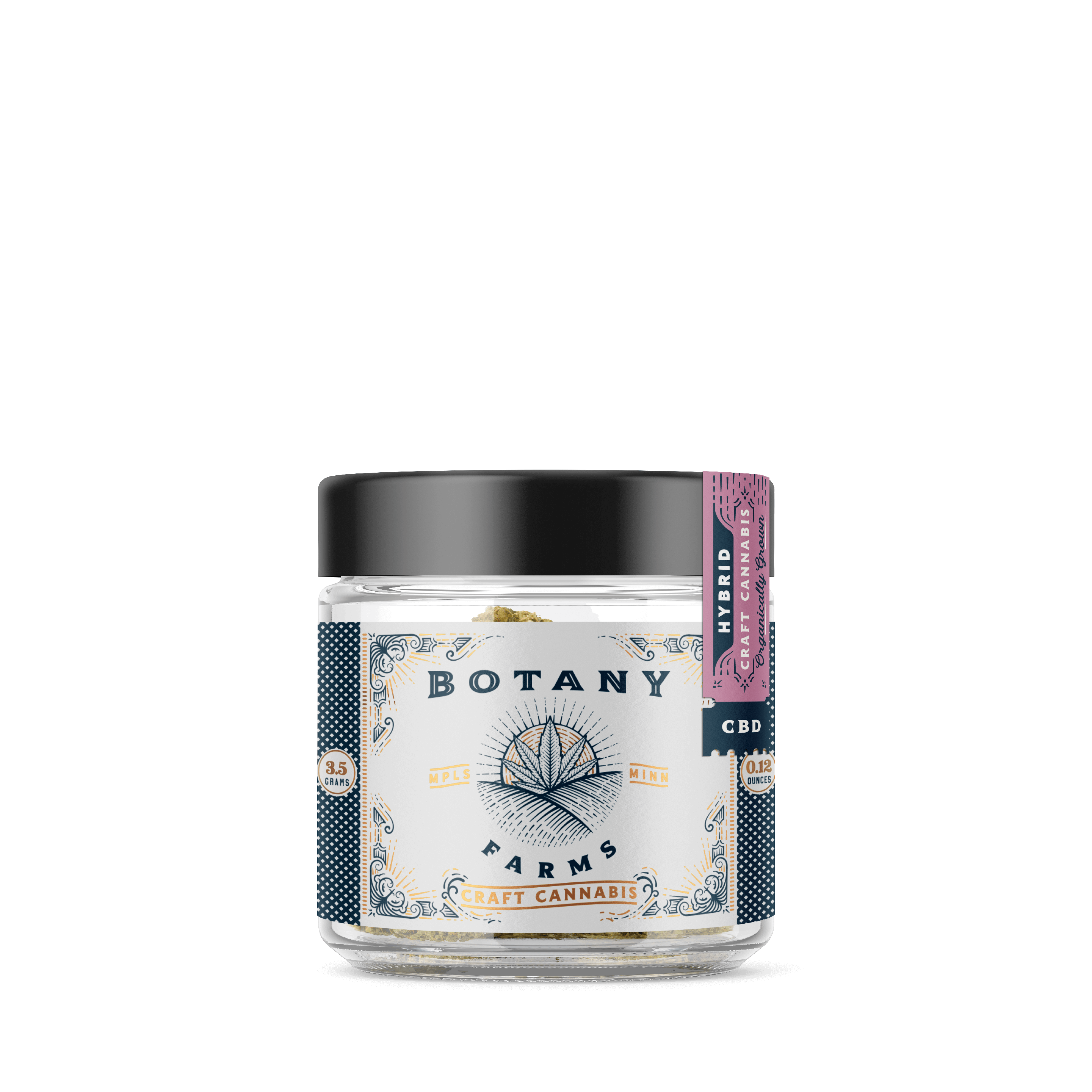- Key Takeaways
- What is CBD?
- What is THCA?
- Is THCA Like CBD?
- What is the Difference Between CBD and THCA?
- Do THCA and CBD Have Similar Benefits?
- Are These Cannabinoids Legal?
- Where to Buy CBD and Other Cannabinoids Online
- What is the Difference Between CBD and THCA: Frequently Ask Questions
- References for this Article:
Disclaimer: The information provided here is intended solely for informational and entertainment purposes. It should not be used as a substitute for professional medical advice, diagnosis, or treatment. Always seek the advice of your physician or other qualified health provider with any questions you may have regarding a medical condition or treatment and before undertaking a new health care regimen. Never disregard professional medical advice or delay in seeking it because of something you have read here. .
For most of human history, cannabis has been our plant friend. The ancients in Egypt and China used it medicinally, while the ancient Scythians in Central Asia turned to the herb for spiritual and shamanistic rites. Then, in modern times (we’re talking 200 years ago), it was used by artists, musicians, and writers as an inspiration piece and a creative stimulant. In the proceeding century, cannabis would be made illegal in most of the world.
The green goddess has come a long way since then. Sure, legality is a state-to-state thing nowadays, but it’s a little less demonised than it used to be. And a big reason for this is that, in the past century, we finally started to have some understanding about weed.
We’ve still got a long way to go, and so much more to discover. Today, let’s take a look at two compounds that have been discovered and are now part of a growing modern cannabic lexicon: CBD and THCA.
Key Takeaways
- CBD and THCA are both cannabinoids found in cannabis, each with different properties and potential benefits.
- There are over 100 cannabinoids in the cannabis plant.
- Both CBD and THCA are non-psychoactive.
- THCA becomes THC when it goes through a process called decarboxylation.
What is CBD?
Cannabidiol (CBD) is a naturally occurring compound found in the resinous flower of cannabis, a plant that has been used for a myriad of therapeutic purposes for thousands of years. From relieving pain to reducing inflammation and relieving anxiety, modern research is confirming what our evolutionary biology is telling us – that CBD from cannabis is an incredibly useful medicine.
One of more than 80 cannabinoids found in cannabis plants, CBD is actually the second-most prevalent compound in the plant after tetrahydrocannabinol (THC), the primary psychoactive ingredient in cannabis. Unlike THC, however, CBD is not a psychoactive and does not make people feel ‘high’.
Benefits of CBD
CBD has been used for a myriad of health issues, but while there is some evidence supporting its use for most of them, there is the most evidence for its effectiveness for the treatment of some of the most horrible childhood epilepsy syndromes, particularly those that don’t respond to antiseizure medications (a group that includes Dravet syndrome and Lennox-Gastaut syndrome, also known as LGS), and also for anxiety, chronic pain, and insomnia.
It acts as an anti-inflammatory; it has been shown to be helpful in alleviating symptoms related to cancer and cancer treatment; and it could possibly have neuroprotective properties.
Effects of CBD
CBD can ease chronic pain, inflammation, anxiety, and seizures, by interacting with the endocannabinoid system, a biochemical network in the body that regulates everything from sleep to pain sensation and immune system response. CBD has also been shown to increase the amount of serotonin, a neurotransmitter that produces feelings of well-being, and has been used by psychiatrists to treat conditions such as anxiety and post-traumatic stress disorder.
Because CBD does not induce euphoria in the way THC does, it is attractive to people seeking to ease symptoms without entering a marijuana-induced ‘high’ or becoming dependent on risky pharmaceuticals.
What is THCA?
Tetrahydrocannabinolic acid, or THCA, is a non-intoxicating parent cannabinoid of tetrahydrocannabinol in raw cannabis and live plants. It is found in undried and uncured cannabis, but is not psychoactive, meaning it won’t get you high.
In order to be psychoactive, THCA must be activated when the plant is cut and dried, producing dronabinol, better known as THC. This process is called decarboxylation (i.e., heating) and transforms the plant matter into a psychoactive drug.
Benefits of THCA
THCA’s possible therapeutic benefits include neuroprotective, anti-inflammatory, and anti-proliferative effects, potentially making it useful for treating arthritis, neurodegenerative diseases, and cancer, as well as mitigating the side-effects of chemotherapy and other treatments that can induce nausea by reducing stomach irritation.
Effects of THCA
THCA is non-psychoactive, so it won’t get you high. But that doesn’t mean it doesn’t have an effect. It has anti-inflammatory and neuroprotective properties. It’s been shown to suppress the proliferation of cancer cells and inhibit metastases in some cancers. But, like CBD, the extent of THCA’s benefits has yet to be determined.
Despite emerging evidence that THCA may have significant applications in cannabis medicine, research is still in its nascent stages.
Is THCA Like CBD?
Although both CBD and THCA are non-psychoactive, meaning they won’t get you high, the effects they have on the body are very different. CBD is most known for its relaxing and calming effects on the mind and body. On the contrary, THCA is thought to give a more uplifting and energizing experience. You could almost compare CBD to a non-psychoactive Indica and THCA to a non-psychoactive Sativa.
What is the Difference Between CBD and THCA?
The chemical difference between the two dictates how each interacts with the body. CBD binds with the CB2 endocannabinoid receptors, whereas THCA snaps (albeit imperfectly) onto the CB1 receptors.
One final fun fact about THCA is that the molecule does not fully fit into all endocannabinoid receptors until it is decarboxylated, or exposed to a heat source, rendering it perfectly suited for those receptor sites and tripping the switch between THCA and THC. This transition makes THC psychoactive.
Do THCA and CBD Have Similar Benefits?
THCA and CBD might share some potential benefits, but they also have a bunch of differences. One main difference is that CBD has been extensively studied, while THCA still has a ways to go before we can come to any conclusions. Both CBD and THCA have been used to reduce inflammation. CBD is also frequently used to support people with issues regarding anxiety and epilepsy.
THCA is often also used as an antiemetic, which helps manage nausea and appetite.
Are These Cannabinoids Legal?
The cannabis legality question in this country is complicated to start with, and that applies to CBD and THCA too. The short answer: it depends on where you are. Hemp-derived CBD with less than 0.3 per cent THC content was federally legalised with the 2018 Farm Bill, which removed hemp from the controlled substances list. Yes, there might be some restrictions in your state. With THCA, things get a bit more complex. It is technically federally legal in its raw form, but can easily become a problem if it is transformed to THC.
In states where THC remains illegal, or the restrictions on cannabis are tougher than that, THCA might not be allowed. Check the legal status of CBD and THCA in your state or county Before getting any notions, it is always worth checking the legal status of CBD and THCA in your state or county.
Where to Buy CBD and Other Cannabinoids Online
Now that we’ve got the fun science lesson out of the way, let’s get you in touch with some of the best cannabis products out there. We might not carry THCA but we’re loaded with CBD and other hemp-derived cannabinoids that are legal in most states. Take a look at some of our favorite CBD products. First off, we want to show off our Live Resin CBD + THC Tincture. This true-to-plant tincture keeps all cannabinoids intact with a full-spectrum Live Resin from freshly-harvested Sour Space Candy buds.
These are flash-frozen to conserve all the terpenes and keep the flavor profile robust: citrusy and earthy notes. Each serving is 50 mg of CBD and 3 mg of THC, which is sure to have you relaxing in no time. If you’re looking for something to tickle your sweet tooth, you’ll want to check out our deliciously chewy CBD Gummies Mixed Flavors.
This way, you can get your CBD fix on the go while enjoying a sweet snack. 25 mg of broad-spectrum hemp CBD is in each amazingly tasty morsel, and six fruity flavors will keep you curious. If the act of lighting a joint is one of your favorite parts of the cannabis experience, you might lean toward our Sugar Queen CBD Pre-Roll. You’ll get two half-gram joints of our 2022 Sativa strain, which will uplift and energize you.
If you’re looking for the perfect way to start a day, look no further. Lastly, for all of our bud lovers, our Blueberry Kush CBD herb will hit just the spot. This CBD flower is Blueberry Kush, a strain that’s new to our lineup and has yet to disappoint. Not only are the buds beautiful, but the relaxing and calming effects make it a perfect nighttime treat before falling into a deep sleep. Thanks for stopping by! Why not give some CBD from our farm a try?
What is the Difference Between CBD and THCA: Frequently Ask Questions
Is THCA Stronger Than CBD?
THCA is not psychoactive like CBD and only becomes potent when converted into THC through heat, which can produce a high. CBD is valued for its therapeutic effects without causing intoxication. Therefore, "stronger" depends on whether one refers to psychoactivity or therapeutic benefits.
What is THCA in CBD?
THCA and CBD are different cannabinoids from the cannabis plant. In CBD products, THCA is not typically present unless specified. THCA is the precursor to THC, present in raw cannabis and activated by heat, whereas CBD products focus on cannabidiol without psychoactive effects.
Is THCA and CBD the Same?
No, THCA and CBD are different compounds. THCA is a non-psychoactive precursor to THC, becoming psychoactive when heated. CBD is always non-psychoactive, known for its medical benefits such as reducing pain and anxiety.
References for this Article:
- https://www.ncbi.nlm.nih.gov/pmc/articles/PMC7605027/
- https://www.ncbi.nlm.nih.gov/pmc/articles/PMC8223341/
- https://www.ncbi.nlm.nih.gov/pmc/articles/PMC9288157/
- https://www.ncbi.nlm.nih.gov/pmc/articles/PMC8819673/
- https://www.ncbi.nlm.nih.gov/pmc/articles/PMC5510775/
- https://www.ncbi.nlm.nih.gov/pmc/articles/PMC4604171/
Note: This article is provided by Botany Farms for informational purposes only and does not constitute medical advice. The content is intended to offer insights into the practice of dabbing and the use of cannabis concentrates, reflecting current knowledge and research within these areas. It is not aimed at diagnosing, treating, curing, or preventing any diseases or health conditions. As the legal status of cannabis varies across different regions, it is the responsibility of the reader to be informed about their local laws regarding cannabis use. Botany Farms advises all readers to consult with a healthcare professional before making any decisions about cannabis consumption to understand fully the potential risks and benefits. Botany Farms and the authors of this content disclaim all liability for any adverse effects that may arise from the use of information provided in this article.
